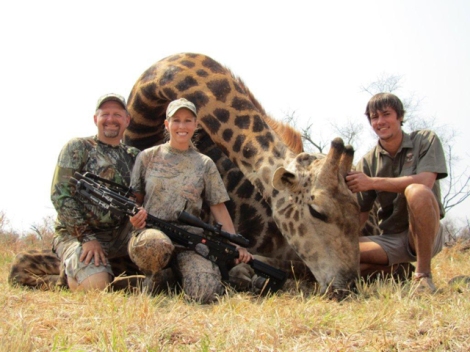To analyze this civic issue, it is important to understand that animals are used in research because they make particularly good models to study human diseases. According to report by the National Academy of Sciences Institute of Medicine, it is currently unethical to use a drug or technique first on a human being because of the potential risk of harm. Animals are used as models to replicate human subjects. Animals are fed experimental diets, tested with new vaccines, and exposed to certain toxins to observe the effects.
 |
| Animals Used it Research Credit |
Those against the use of animals in research, focus on the fact that animals feel fear and pain like we do. The infliction pain is not an uncommon practice: force feeding, forced inhalation, food and water deprivation, prolonged periods of physical restraint, and the infliction of wounds to study the healing process are present in research. In 2010, the USDA reported that 91,123 animals suffered pain during experiments and were not given anesthesia for relief, including 1,395 primates, 5,996 rabbits, 33,652 guinea pigs, and 48,015 hamsters.
Those against research involving animals question what happens to the animals once the experiment ends. In cases that an animal does not die during the experiment, most are euthanized after the experiment is over. Rarely, the animal is used for additional experiments. It is extremely uncommon for animals to be adopted out or placed in a sanctuary, aside from Chimpanzees, which have national protection.
From the other perspective, using animals has led to life-saving cures and treatments. HIV treatment, vaccines, antibiotics, and insulin are all results of experiments involving animals. The California Biomedical Research Association states that nearly every medical breakthrough in the last 100 years has resulted directly from research using animals.
 |
| Credit |
Alternatives to animal testing include using cell lines and computer models. Those against the use of animals in research, argue that these methods can replace the need of animals. Studying human cells in a petri dish or using artificial skin can be used to solve research questions instead. The counter argument is that there is no alternative to testing on a living, whole body system. Living beings are too complex to be simulated on a computer. Furthermore, interrelated processes between varying body systems cannot be studied in a petri dish.
Personally, it is difficult to come to a decision on whether animals should be used in research, which is indicative of the current controversy. As someone with a future in the scientific field, I fully appreciate the value that lab animals play in advancing the field and human care as a whole. In the end, the question is once again boiled down to whether a human life is worth more than an animal life. Although I believe that animal and human lives are equal, I cannot discount the importance of the treatments developed from animal research.
Where do you stand? Is there a role for animal based research in present day? If so, should only certain species of animals be used? Let me know what you think!




















